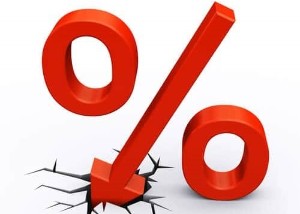ASB's Chris Tennent-Brown, a senior economist within the bank's wealth division, believes the Reserve Bank's Funding For Lending Programme (FLP) could send some borrowing rates lower in the near-term but believes the trend will begin to move the other way by the year end.
Longer-term mortgages are tipped to rise more quickly than short-term fixed loans, with government bond yields rising across the globe in recent weeks. An early sign that long-term interest rates will rise, with markets betting on an improved economic outlook.
Tennent-Brown said "the improving economy and rising long-term interest rates here and abroad are strong and opposing upward forces on the mortgage rate outlook – particularly for the longer terms."
"At times last year when the economic outlook was particularly dire, it looked like interest rates could fall further, and remain low for many years. Now, because the economy is tracking better than feared, we think the risk is interest rates start moving higher much sooner than we thought six months ago."
The economist said some borrowers may wish to lock in long-term fixed rates, which were "very low compared to the past", with four year terms under 3%.
He said some borrowers could be better off replacing short-term deals.
"There isn’t a shortcut to lower mortgage interest rates without incurring a break cost. But breaking a mortgage and resetting at a lower rate can still be a reasonable strategy for getting interest rate certainty over a longer term at low rates. There are many moving parts in this equation, so take time to work through the numbers, and the pros and cons.
"A rule of thumb to have in mind is that generally, the bigger the difference between the current mortgage rates and the rate you fixed at in the past, and the longer the term remaining, the bigger the break costs will be. There will be a term depositor or wholesale investor that doesn’t want to drop the interest rate they locked in around the time you fixed your mortgage, which is the mirror situation: banks must balance the positions of both savers and borrowers."





Comments
No comments yet.
Sign In to add your comment